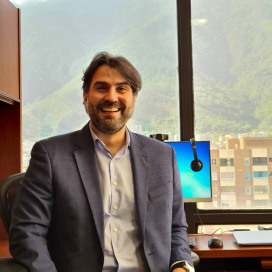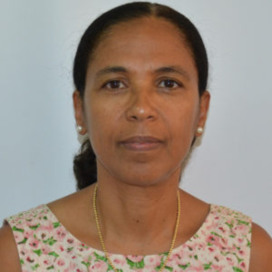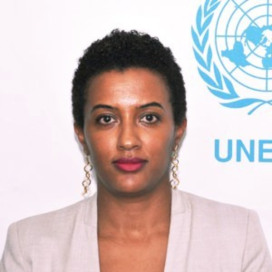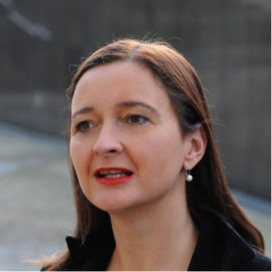
CAF - Development Bank of Latin America | Urban Development and Creative Cities Manager
The classical view on the role of the cities in economic development is that when firms and people locate near one another in cities, agglomeration economies occur. They benefit from density and resulting connectivity, thus increasing the productivity of economic activity. In the last decades, the role of cities as consumption centres have also been explored, and important debates have centred around the growth of cities in Africa without industrialization, and thus not contributing to increasing productivity. The question arises on how urbanization can best be harnessed for productive growth?
The global view on financing of developments in low- and medium income countries is changing; the focus is shifting from dispersed grants to supporting major investment in key infrastructure in developing countries, as manifested by China’s Road and Belt, EU Global Gateway, and US/G7 B3W. This shift inevitably raises a question of the role of cities and their development in the necessary structural transformation underpinned by territorial dimensions of development.
Investments in infrastructure and services require revenues to return the capital costs, support maintenance and operation, and accumulate new capital for further expansions and improvement. Here, the question of fiscal devolution in countries that have little local capacity and a weak tax base due to poverty and low income comes into the picture. In the handling of the COVID-19 crisis, it transpired that those countries which managed to mobilize better coordinated efforts in various sectors and levels of governance succeeded in resolving emergent issues faster and with better impact. Hence, another important dimension arises in achieving coherence of national, sub-national and external finance to support investment in infrastructure and urban development.
Based on this background, this Dialogue will explore how stronger links of urbanization with structural transformation, underpinning more coherent investments in urban development by coordinating national, sub-national and external financing, can be achieved.
How can national policies link urbanization with structural transformation and coordinate national, sub-national and external financing for more coherent investment in urban development
Panel One
Panel Two

CAF - Development Bank of Latin America | Urban Development and Creative Cities Manager

AECID | Chief of Sustainable Cities

Minister of Infrastructure Land Management And Housing

Ministry of Housing and Urban Affairs | Additional Secretary

Ministry of Foreign Affairs | Undersecretary

United Nations Economic Commission for Africa | Director Gender, Poverty and Social Policy Division

European Commission | Deputy Director-General, International Partnerships